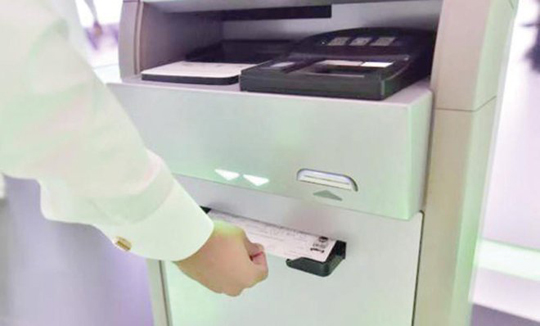Jeddah, Oct 19: Spokesman of the National Information Center at the Ministry of Interior Engineer Mohammed Al-Asiri revealed the presence of Gulf coordination to link the digital identification systems for GCC citizens.

He said the linking process will enable all GCC citizens to benefit from electronic services in the GCC countries using their electronic identity card issued by the country.
He aid the Ministry of Interior, despite the large successes achieved in e-services and smart solutions, aims to achieve more successes and offer more innovative and facilitative solutions to citizens and residents, in line with Vision 2030. He said the ministry also seeks to enhance economic competition by creating an attractive environment for investment and facilitating business.
Al-Asiri’s statements came on the sidelines of the launch of the 36th Gulf IT exhibition, GITEX 2016, in Dubai.
The electronic linking processes is one of the essential needs for Gulf travelers to Gulf states after the GCC’s decision to permit GCC citizens to move freely between GCC countries using their national IDs, without requiring a passport.
The linking of electronic services involves linking banking, service, and investment transactions through use of just the national ID, similar to what GCC citizens would need if they were carrying out these transactions in their home countries.
Meanwhile, at the GITEX 2016 exhibition, the Ministry of Interior will be displaying a number of its new services and platforms to visitors of the exhibition. New services include self-service devices for travelers to complete travel and passport procedures, which will be offered by the National Information Center, and will launch in its first phase at King Khaled International Airport in Riyadh.
The new service for travelers replaces in-person passport checks by Passports employees at the airport, as travelers can use the new devices to obtain entry and exit cards within a few short minutes. The device begins by reading the passport using a scanner, or the citizen’s national ID, which can be entered directly into the device.
The traveler’s details are then displayed on the screen, and a photograph of the traveler is captured.
Travelers then are requested to provide their fingerprint, and finally a card or receipt is printed permitting the traveler to enter and exit. The new devices can be used by citizens, residents, or visitors alike.





Comments
Add new comment